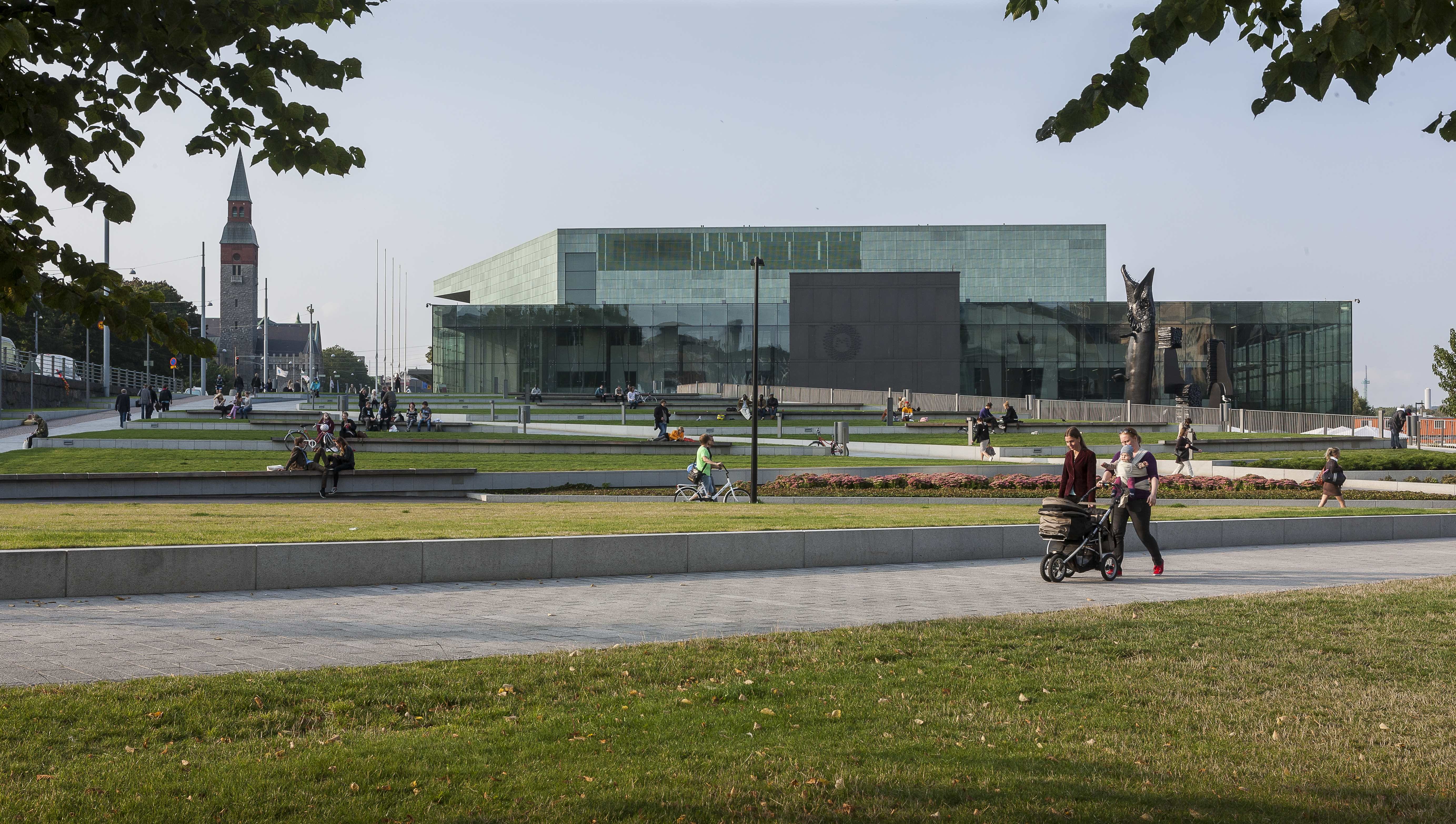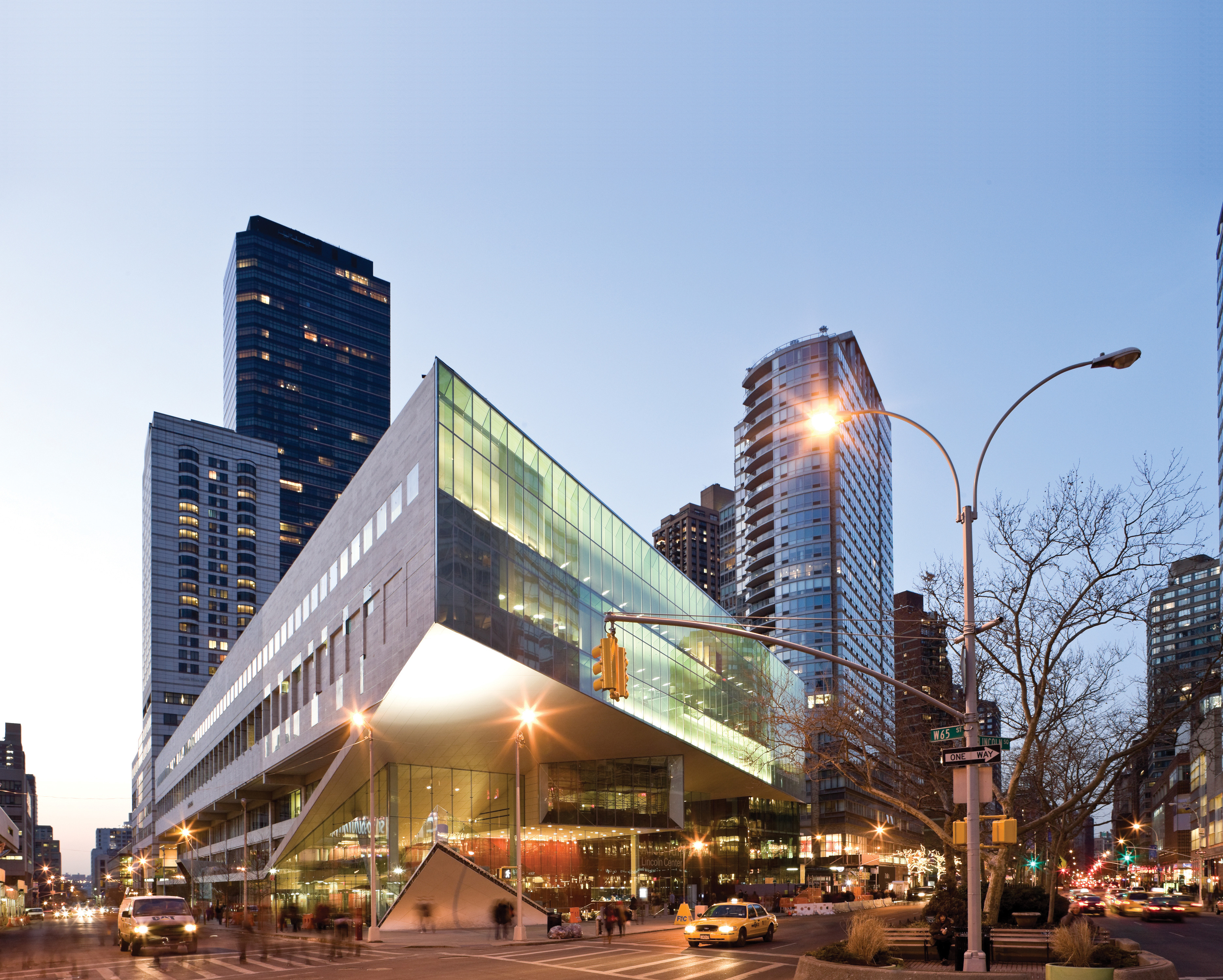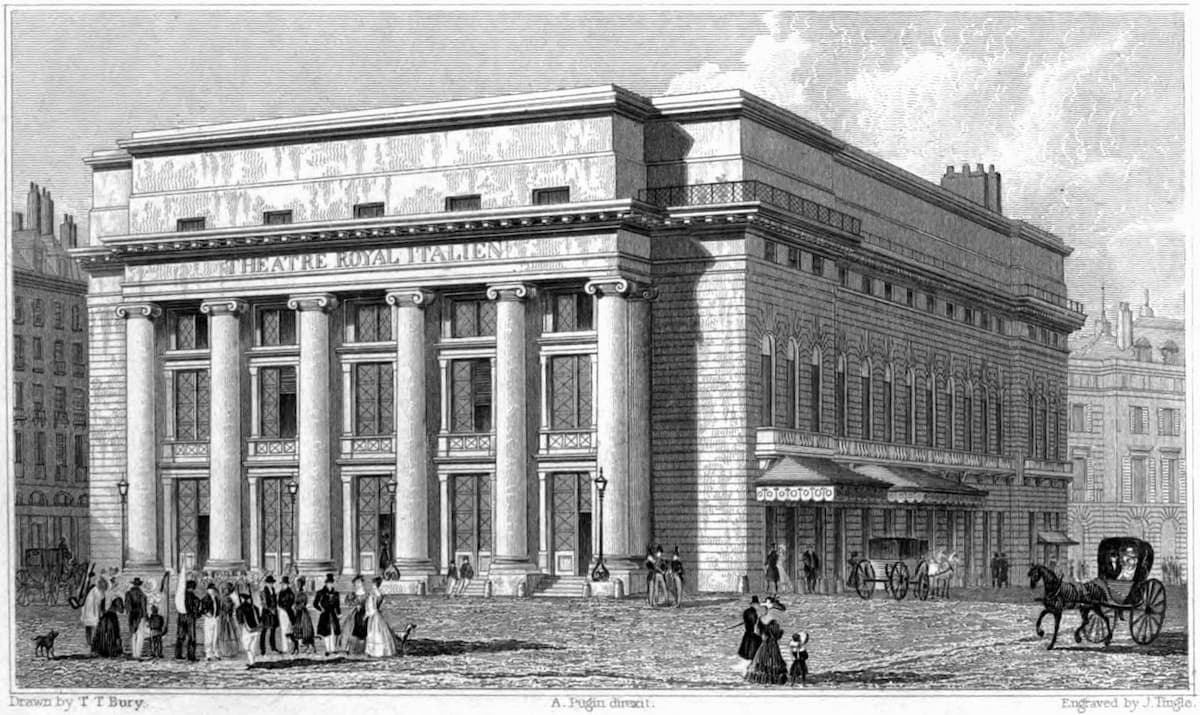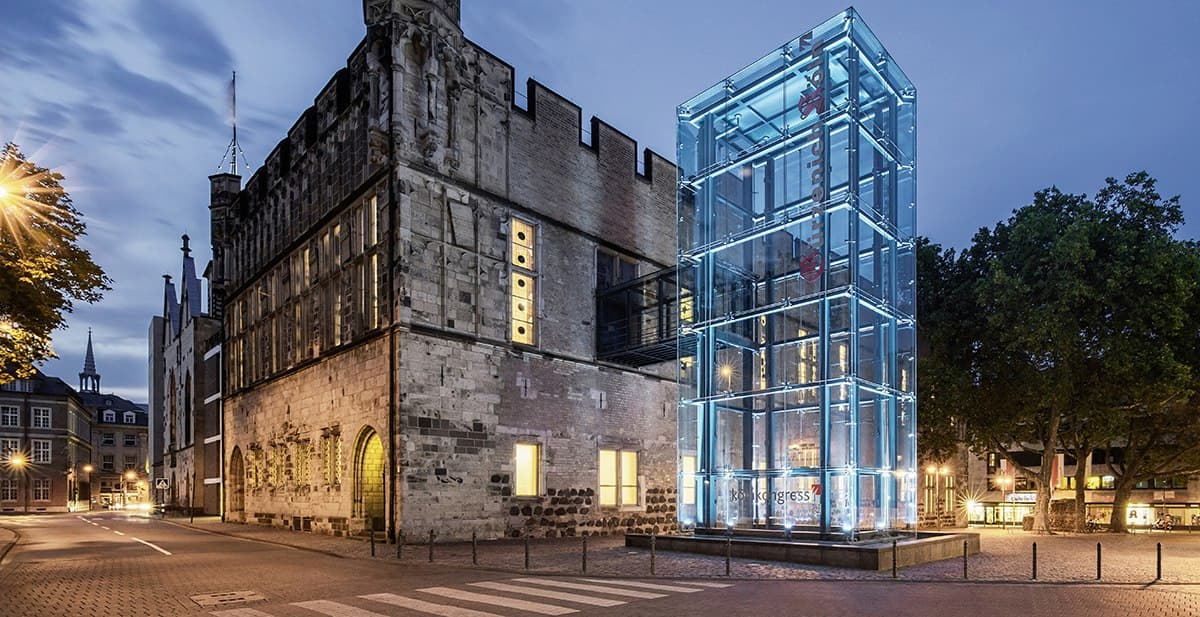
Credit: http://www.untitledvision.net/
How does your selection process work? Is there a quota to fill, and does this hold even if there are no suitable applicants?
As one of the world’s major conservatoires, entrance is highly selective and based on rigorous two-part entrance examinations in which artistic potential and technical mastery are judged. The rate of admission averages 19% but for certain disciplines can be as low as 5%. While the number accepted is linked to the number of vacancies available, if the level of potential candidates is deemed insufficient, some places may be left vacant.
What’s the most important thing that students should come away from music college with?
We seek to train “complete” musicians with both the skills and open-mindedness needed to invent their own pathways, fully integrated in the society at large, and as such able to live fulfilling lives.
Do you maintain links with your ex-students? Who are your most famous alumni?
The majority of French musicians with a national or international career – as well as a significant number of foreign musicians have been trained at the Paris Conservatoire. From Berlioz to Boulez, from Fauré to Messiaen, Ravel and Debussy, the most brilliant artistic personalities of the musical world are Conservatoire graduates.
The number of instrumentalists from the Conservatoire within the most prestigious major French orchestras and Parisian orchestras averages between 80 and 90%. Bruno Delepaire was appointed principal cello at the Berlin Philharmonic. The conductor Pascal Rophé leads the Orchestre national des Pays de Loire, Lionel Bringuier, the Tonhalle Orchestra of Zurich, and, as guest conductor, has led the Cleveland Orchestra and New York Philharmonic ; François-Xavier Roth, recently appointed General Music Director of the City of Cologne, leads the SWR – Freiburg; Stéphane Denève, is principal conductor of the Stuttgart Radio Symphony Orchestra (SWR)) and now principal guest conductor of the Philadelphia Orchestra; Faycal Karoui, former principal conductor of the New York City Ballet is now principal conductor of the Orchestre Lamoureux; Bertrand de Billy, the Vienna Radio Orchestra and Vienna Opera; Juraj Valcuha is Principal Conductor of the RAI in Turin; Alain Altinoglu is regularly invited to the Chicago Symphony, the Metropolitan Opera, the Bastille Opera…Among recent graduates, Alexandre Bloch is assistant conductor of the LSO and Quentin Hindley assistant conductor of the Lyon National Orchestra.
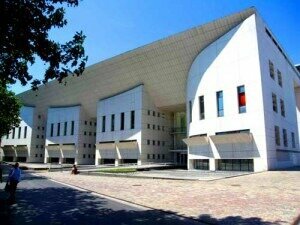
Credit: http://eliinbar.files.wordpress.com/
Is there anything about your teaching method that you believe to be unique about your School? In addition, do you have any courses about stress or stage fright management?
Teaching at the Conservatoire is centred on artistic and technical mastery of one’s art combined with the acquisition of theoretical and practical knowledge and know-how. This well-rounded education integrates research and pedagogy as major components of each artist’s practice.
So-called “principal” subjects involve artistic and technical training which are completed by ensemble activities. Coupled with knowledge of artistic and cultural institutions both in France and abroad, students are provided with practical knowledge of all aspects of their career.
Managing stress and/or stage fright is touched upon in courses dedicated to practical aspects of the profession, and individual teachers may choose to address these issues within their studios.
Conservatoire specifications include emphasis on the practice of music of our time, contextual approaches to analysis and music history, sight-reading, and solfège.
Over 400 artists and pedagogues offer training to the Conservatoire’s 1300-member student body.
How many opportunities do your students have to gain performance experience and/or contact with the profession whilst studying?
Professional development and public performance opportunities are essential to training at the Conservatoire, which has developed numerous artistic partnerships with professional organisations as well as a lively international network proposing joint programmes, exchanges, residencies and tours in over 40 countries. The Conservatoire’s musicians and dancers participate in over 370 performances each year, of which 160 are outside the Conservatoire. Partnerships with the Paris Orchestra and Radio-France Philharmonic offer participation in orchestra academies for highly motivated students who are selected competitively.
Studies of alumni conducted 3 years after graduation show a high rate of professional integration : nearly 92% of alumni are practicing the principal activity listed in the “activities referential” of their diploma, including teaching in their subject area.
How different do you believe the varying career paths (solo player, chamber and orchestral musician) are, and how does your teaching reflect this?
The reality of today’s professional world is a multi-faceted one, and studies show that alumni are increasingly leading portfolio careers which integrate performance, teaching, research, outreach and educational activities. One no longer trains to simply become a soloist or an orchestra musician, but is called upon to imagine concert programmes and educational activities for diverse populations such as families, young children, the handicapped, the elderly, or prisoners… Musicians need to be at ease with organising, writing, speaking, and defending their musical and pedagogical ideas just as much as they need to know how to collaborate artistically as well as with funding bodies, for example.
As such, the Conservatoire’s approach is a broad one which seeks to provide the skills and experience to successfully navigate in an increasingly complex cultural and societal context.
Do you encourage your students to participate at international competitions?
Participation in international competitions per se is not officially integrated into curricula, however many students and teachers see international competitions as useful both pedagogically and professionally because on the one hand, they allow students to learn new repertoire and to perform it in public, and on the other, they can – by participating in such competitions – offer young musicians the opportunity to develop a strong professional network which then often proves invaluable in the musician’s future career path.
Official Website


